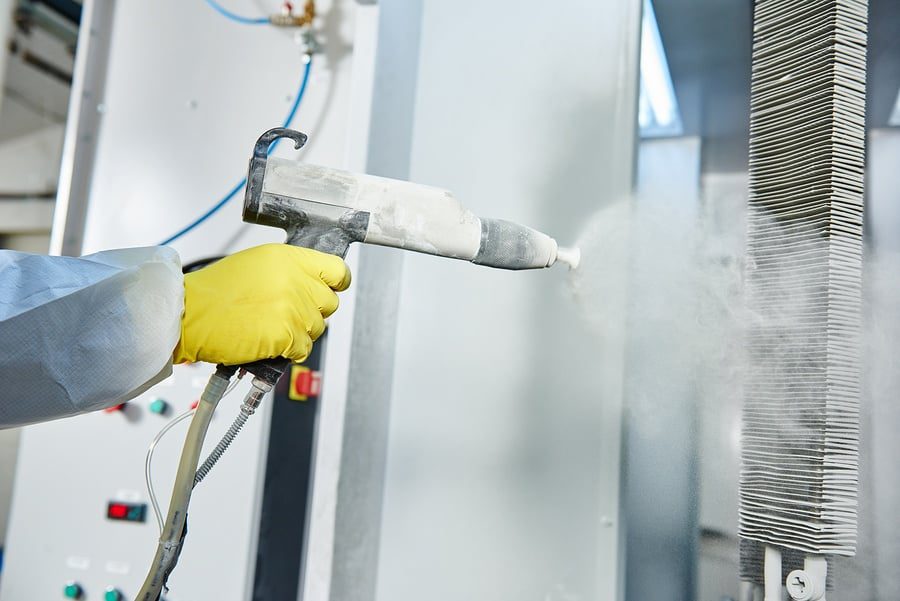Involuntary Bankruptcy
Involuntary Bankruptcy
When individuals decide to start a business, they often turn to creditors for help with the start-up costs, build-outs, and setting up the new business to start generating revenue. In the beginning, these creditors are often very supportive of the new business and are optimistic about its potential for growth. Unfortunately, if the business model fails or the revenue streams begin to dry up, the same creditors who were so helpful at the beginning may take steps to force the business into bankruptcy.
Creditors typically would prefer that a business experience successful growth in the market and be able to repay the debts in a timely fashion. If the business fails to meet its financial commitments, the creditors may look to recover as much money as they can, even if it means sending the business into involuntary bankruptcy.
Involuntary or “forced” bankruptcy can be requested by creditors looking to recover financial investments in a business or company. This action is often taken if a business becomes seriously delinquent on its credit or loan payments, or if a custodian was appointed within the previous 120 days. Involuntary bankruptcies are usually considered under Chapter 7 provisions and are usually started by the creditor filing a petition to a U.S. bankruptcy court clerk.
Once the petition and summons are filed, the debtor typically has 20 days to file objections to the claim and the case will go to trial. If no objections are filed, bankruptcy proceedings will continue without delay. If the case goes to trial both sides will have to present their sides of the case and the debtor will have to prove that payments were made, or may have to show a plan of action for repayment to avoid bankruptcy.
Involuntary bankruptcy usually requires a certain amount of debt and a certain number of creditors to successfully go into effect. Many businesses that are facing serious financial struggles opt for voluntary bankruptcy in order to ease the financial burdens. Involuntary bankruptcy may be invoked when several creditors work together to force a seriously delinquent borrower into bankruptcy.
Business owners facing involuntary bankruptcy have the right to object to forced bankruptcy summons and are allowed to state their case in a court of law. It is important to consult an experienced bankruptcy attorney if you have any questions regarding the law and bankruptcy proceedings.






